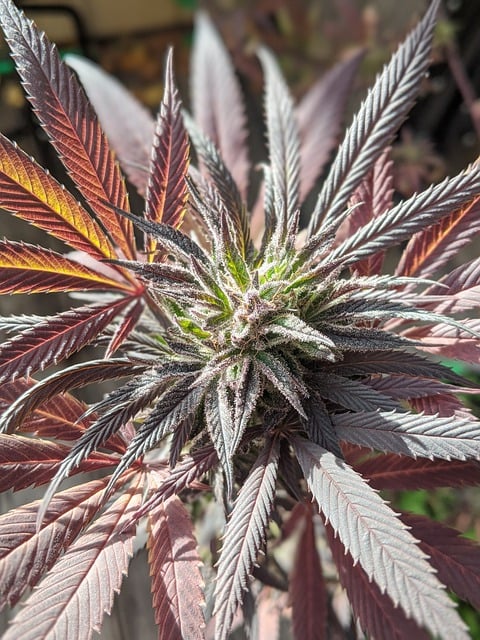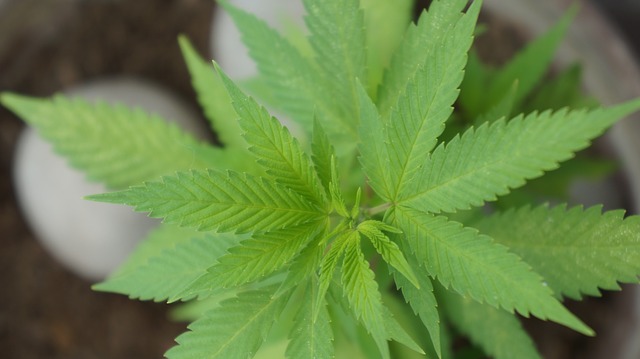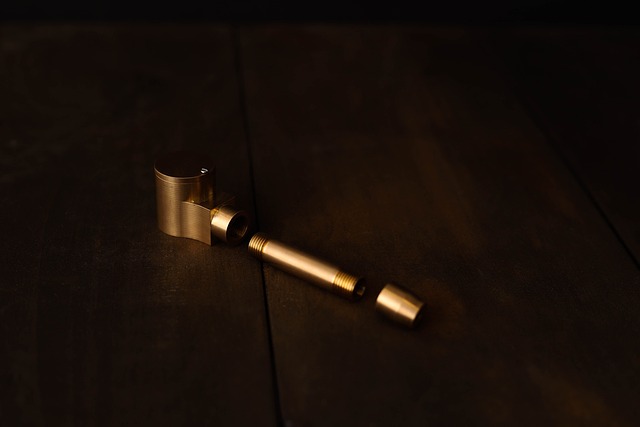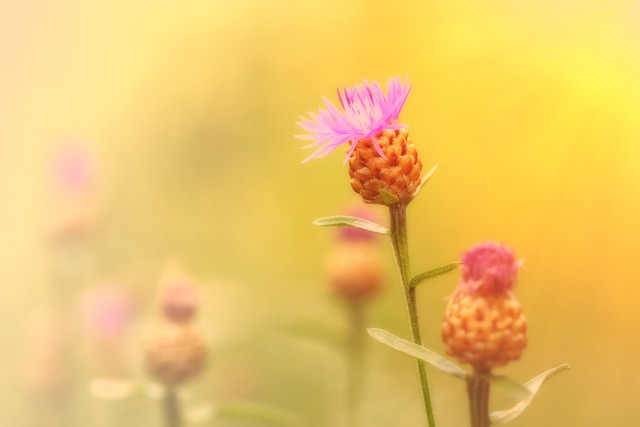
THCA buds, a non-psychoactive precursor to THC found in cannabis and hemp plants, are gaining attention for their potential health benefits and calming effects. Unlike THC, THCA does not induce psychoactive effects, making it a preferred choice for those seeking relaxation without intoxication. Users report experiencing deep relaxation and focused clarity when using THCA buds, which may be due to its interaction with the endocannabinoid system affecting mood and pain perception. The entourage effect, which includes the combined influence of cannabinoids and terpenes, might further enhance these soothing properties. Research is ongoing to explore THCA's therapeutic potential for relaxation, but initial studies suggest it could also offer anti-inflammatory effects that may help with symptoms of depression and anxiety. It's important to start with a low dose to gauge individual responses, and users should always opt for high-quality, lab-tested THCA buds from credible sources. Due to potential mild side effects like dry mouth or red eyes, proper dosing and safety precautions are essential. Integrating THCA buds into a holistic relaxation routine, which may include activities like meditation or yoga, can maximize its benefits. Consultation with a healthcare professional is recommended for those with health conditions or who are taking other medications to ensure safe use as part of a wellness regimen.
Exploring the nuanced effects of THCA buds, this article delves into their potential for relaxation and the therapeutic and psychological benefits they may offer. While these buds are gaining recognition for their soothing properties, it’s crucial to understand their side effects and safe usage guidelines. We will unravel the potency of THCA flower in promoting tranquility and discuss how it interacts with the body and mind. Join us as we navigate through the experience of THCA buds for relaxation, ensuring you are well-informed on both their benefits and considerations for use.
- Unraveling the Potency of THCA Buds for Relaxation: An In-Depth Exploration
- The Therapeutic and Psychological Effects of THCA Flower Consumption
- Navigating Side Effects and Safe Usage of THCA Buds for Relaxation
Unraveling the Potency of THCA Buds for Relaxation: An In-Depth Exploration

THCA, or Tetrahydrocannabinolic Acid, is a non-psychoactive cannabinoid found in raw cannabis plants that has garnered attention for its potential therapeutic properties. When exposed to heat, THCA converts to THC, the compound known for its psychoactive effects. However, in its natural form, THCA buds are being explored for their relaxing attributes. This exploration into the potency of THCA buds for relaxation is multifaceted, as researchers and users alike report a range of calming effects associated with this cannabinoid. The entourage effect, which refers to the synergistic interaction between different cannabinoids and terpenes within the cannabis plant, is believed to enhance the relaxing properties of THCA. Users often report a sense of tranquility without the intoxicating high typically associated with its decarboxylated counterpart, THC.
The effects of THCA buds for relaxation are subjective and can vary based on individual body chemistry, dosage, and strain composition. It is important to approach the use of THCA-rich products with caution, as the scientific community continues to investigate its full range of effects. Preliminary studies suggest that THCA may interact with the body’s endocannabinoid system, influencing mood and pain sensation, which can contribute to a feeling of relaxation. As such, incorporating THCA buds into a wellness regimen for relaxation requires careful consideration and personal experimentation, with an emphasis on finding balanced strains that offer the desired effects without unwanted side effects. Users are encouraged to source high-quality, lab-tested THCA products from reputable dispensaries or suppliers to ensure safety and consistency in their experience.
The Therapeutic and Psychological Effects of THCA Flower Consumption

THCA, or Tetrahydrocannabinolic Acid, is a non-psychoactive precursor to THC found in cannabis and hemp plants. Consumption of THCA buds has been associated with a range of therapeutic effects due to its interaction with the body’s endocannabinoid system. Users often report a sense of deep relaxation without the intoxicating effects that accompany THC. This makes THCA an attractive option for those seeking relief from stress and anxiety without cognitive impairment. The relaxing properties of THCA are believed to stem from its ability to modulate neurotransmitter release in the brain, influencing both mood and pain perception, which can be beneficial for managing conditions like chronic pain and inflammation.
Psychologically, THCA flower consumption has been noted to promote a state of calmness and well-being. Users may experience an enhanced feeling of focus alongside a tranquil mindset, suitable for activities that require concentration yet aim to keep the user in a relaxed state. The anti-inflammatory properties of THCA are also thought to contribute positively to mental health by potentially reducing symptoms of depression and anxiety. It’s important for consumers to approach THCA buds with care, as individual responses can vary, and it’s always recommended to start with a low dose to gauge effects. Consultation with a healthcare professional is advisable before incorporating THCA flower into any wellness regimen, especially for those with pre-existing health conditions or those taking other medications.
Navigating Side Effects and Safe Usage of THCA Buds for Relaxation

When incorporating THCA buds into a relaxation routine, it’s crucial to approach their use with an understanding of potential side effects. Unlike its mature form THC, THCA is non-psychoactive, which allows users to experience the therapeutic benefits without the ‘high’ associated with cannabis. Users often report a sense of calm and relaxation when using THCA buds due to their interaction with the endocannabinoid system. However, as with any substance, some individuals may experience mild side effects such as dry mouth or red eyes. These are typically mild and temporary, subsiding as the body acclimates to the compound. To mitigate these effects, staying hydrated and using THCA buds in a controlled environment can be beneficial. Proper dosing is also key; starting with a low dose and gradually adjusting based on individual sensitivity ensures a safer and more enjoyable experience.
Safe usage of THCA buds for relaxation involves careful consideration of dosage, setting, and personal physiology. It’s advisable to purchase high-quality, lab-tested THCA buds from reputable sources to avoid contaminants that could exacerbate side effects. Consumers should also be aware of their body’s response and proceed with caution, as everyone’s experience with cannabinoids is unique. Additionally, combining THCA use with other relaxation practices like meditation or yoga can amplify its soothing properties while maintaining a serene state of mind. By understanding how THCA buds affect you personally and using them responsibly, you can effectively incorporate them into your relaxation regimen.
Through a comprehensive examination of THCA buds for relaxation, this article has shed light on their therapeutic and psychological effects, alongside practical guidance for safe usage. While THCA flower can offer significant benefits for relaxation and well-being, it is imperative to approach its consumption with caution due to potential side effects. Users should be aware that, as with any substance, individual responses to THCA buds can vary. Prospective users are encouraged to consult healthcare professionals before incorporating these buds into their wellness routines, ensuring a safe and beneficial experience. In conclusion, while THCA buds for relaxation hold potential benefits, it is the responsible use and understanding of its effects that will most effectively determine one’s experience with this cannabinoid.




